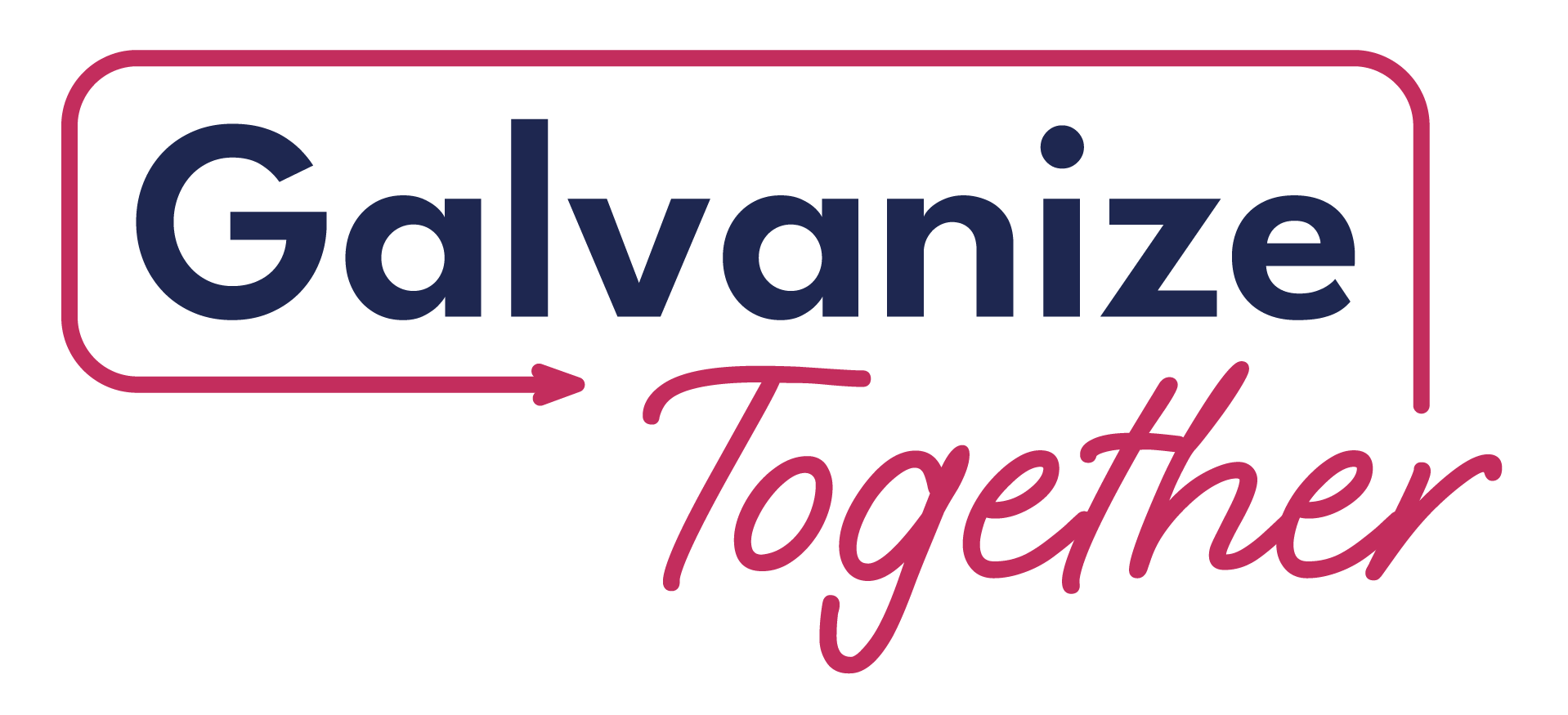My new job pays me via a 1099. I’m already stressed about what this means for my taxes–what do I need to know?
Reading Time: 2 minutes
Share:
Dear Grace,
A few months ago I got a job that uses a 1099, which I have never done in the past. I don’t want to end up in trouble in tax season, how should I be budgeting now so that I can afford necessities?
– A Little Nervous, Arizona
Dear Nervous,
Congratulations on the new job! Being self-employed as a contractor can offer some extra flexibility, but as you already know, it does mean handling your taxes differently—even before April rolls around. You’re smart to plan ahead. I can tell you from experience, Future You will thank you for it!
While I’m not a tax expert, I can offer some tips to help you head off any unwelcome surprises come tax season and help you keep your calm, Nervous.
First, know what you owe.
Since taxes on 1099 income aren’t withheld the same way those on a W-2 are, you’ll need to pay all of your taxes—and you’ll also likely owe some money in “self-employment tax” to make up for the amount an employer usually pays toward Medicare and Social Security. You should factor these into the rate you charge, as you would the cost of other benefits like health insurance. The IRS has an online resource center that explains the rules for self-employed workers. You may also want to talk to a tax professional who specializes in self-employment to make sure you understand the responsibilities (and the benefits, like write-offs) of your self-employment. They’ll know much better than me!
Make note of quarterly tax deadlines.
Now that you’ve done your research, you know that because your taxes aren’t withheld automatically, you should be paying the IRS every quarter to avoid penalties and interest fees, rather than waiting until you file in April. Don’t worry, Nervous: Check out this breakdown to see what that schedule looks like and how to pay online—it’s actually quite easy!
Start saving now.
Even if you pay quarterly estimated payments, you may still find you owe some money at the end of the year. I recommend setting up a separate bank account labeled DO NOT TOUCH and transferring money into it with every paycheck. There are online resources to help you estimate how much you’ll need to set aside. If you really want to do yourself a favor, set up a high-yield savings account with an FDIC-insured bank so that it can make you a little extra money until it’s tax season.
Write it off.
The good news is, as a contract employee, you get to deduct business expenses that you couldn’t before—including supplies, certain types of travel, technology, and potentially a percentage of your rent or mortgage if you have a home office. You’ll need to keep your receipts. To avoid a pile of loose receipts spilling out of a tote bag, you could make a habit of taking photos of your receipts and saving them to a “receipts” album on your phone or using an app like Expensify to track them. Whatever method you land on, you’ll want to have them all organized and dated when you need to go back through and fill out paperwork.
Now that you’ve got a plan in place for your taxes, you can focus on enjoying your new job and feeling a sense of accomplishment for having landed it. I’m so excited for where this next career chapter will take you!
With love and enthusiasm,
Grace



